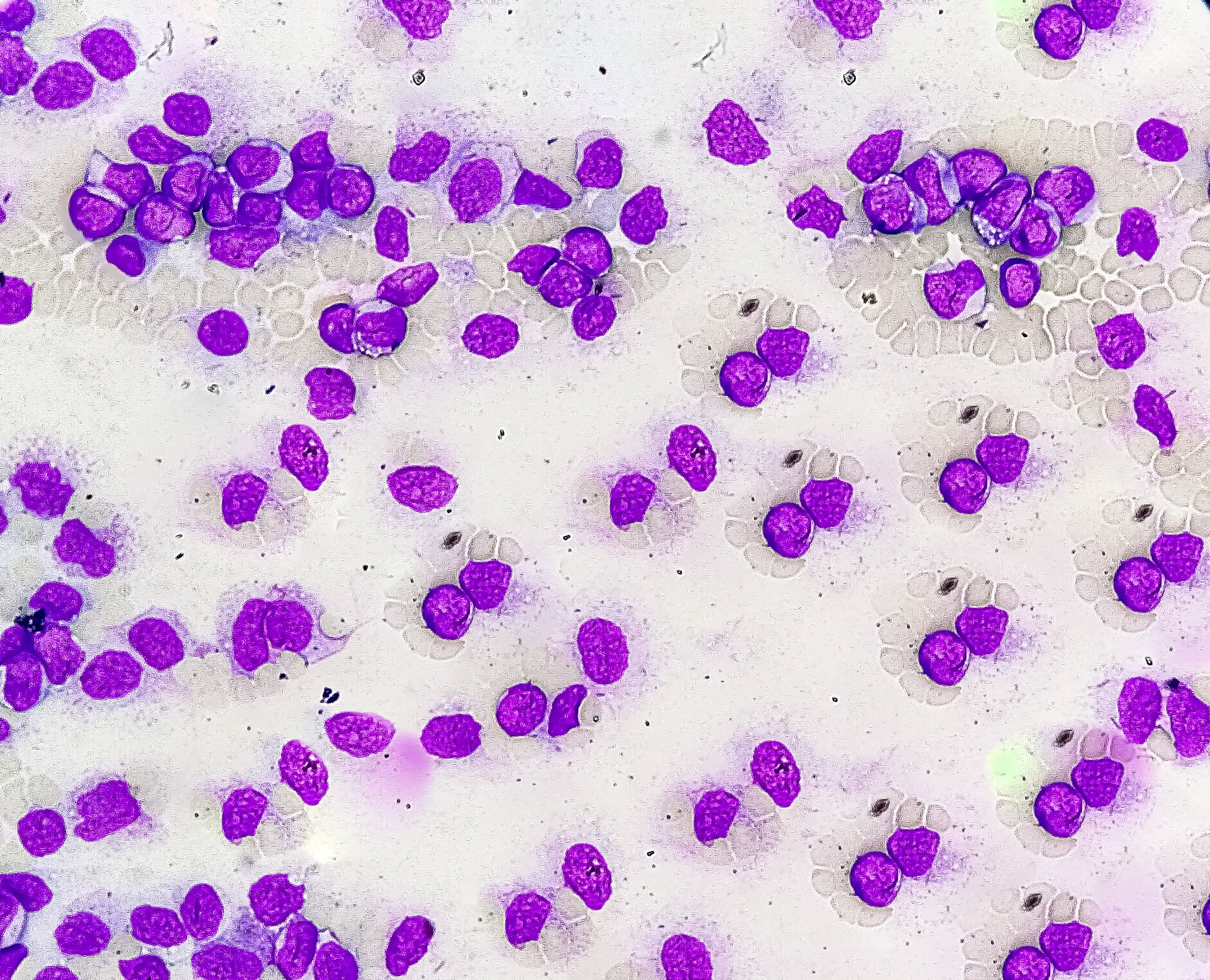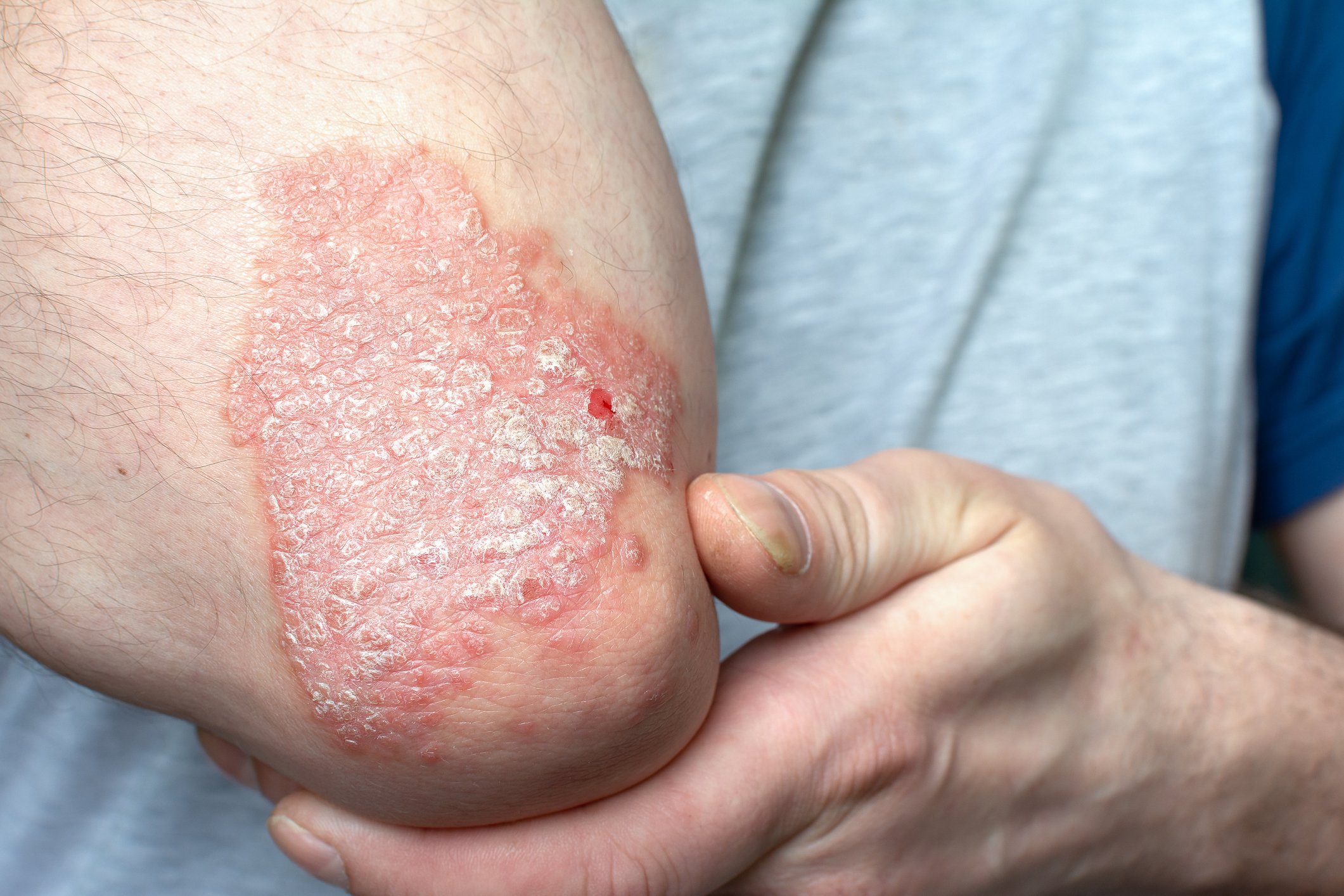In contrast to type 1 diabetes, type 2 diabetes and gestational diabetes, special forms of diabetic diseases are far less well known. Not infrequently, diagnostic errors lead to inadequate treatment with negative consequences for all involved.
A dysregulated blood glucose level requiring treatment is a common clinical feature of all subtypes of diabetes. The respective measures differ, however, depending on the underlying etiology, says DDG President Prof. Monika Kellerer, MD. Among others, there are also iatrogenically caused diabetic symptoms.
Cortisone-induced diabetic symptoms: preventable?
Diabetic symptoms as an undesirable side effect of cortisone treatment are common and can occur, for example, in the context of therapies for rheumatism, asthma, Crohn’s disease and other inflammatory or oncological diseases. The diabetes can disappear completely if the cortisone is discontinued, explains Prof. Kellerer. “Patients should check with their treating physicians to determine whether a change in medication is possible.” The risk of developing diabetes increases with increasing cortisone dose and duration of therapy. Obese patients with a family history or a long-term blood glucose HbA1c above 5.7% are particularly at risk. If it is not possible to discontinue cortisone or if blood glucose levels do not normalize after tapering off, the first therapeutic measures to be targeted should be a change in diet and exercise, recommends Prof. Kellerer. In a further step, oral antidiabetic drugs can be considered; if this is of no use, insulin therapy should be considered.
Cystic fibrosis is often associated with diabetes
Special forms of diabetes also include impaired glucose metabolism that develops as a result of the hereditary disease cystic fibrosis. One in two cystic fibrosis patients aged 26 years and older develops comorbid diabetes, women significantly earlier and more often than men. “Then life expectancy also depends on diabetes treatment,” explains Prof. Andreas Neu, MD, Vice President of the DDG. Often diabetes is asymptomatic in cystic fibrosis patients. Therefore, patients should be screened annually for diabetes (determination of fasting glucose and HbA1c level) from the age of ten.
Balanced diet as an important lifestyle measure
There are some special features to consider when treating cystic fibrosis patients. As a general rule, the risk of diabetes increases the more underweight the person is. “That’s why it’s beneficial to help cystic fibrosis patients achieve a higher body mass index,” Dr. Neu explains. A complete diet including sufficient intake of salts and carbohydrates is extremely important. “In many practices, patients are still classified as type 2 and then taught to eat a low-calorie diet,” Dr. Neu said. This is extremely problematic for patients with impaired pancreatic function and underweight in terms of life expectancy. According to the guideline, cystic fibrosis patients with diabetes should receive insulin. However, so far this only happens in three quarters of patients. “The rest are treated with diet or oral antidiabetics,” Dr. Neu explains. However, the guidelines advise against tablets because of their poorer efficacy. Cystic fibrosis patients with diabetes, in contrast to type 1 diabetes patients, manage well for a long time with insulin only at mealtimes. They often did not need supplemental basal insulin for years.
MODY diabetes: also genetically determined
The more common types of diabetes also include the so-called MODY types of diabetes (“Maturity Onset Diabetes of the Young”). Genetic disposition is a key etiologic factor and is passed down from generation to generation. The genetic defects cause the beta cells in the pancreas to no longer function properly and consequently insulin production is limited. “Patients are usually of normal weight, which is why they are sometimes wrongly diagnosed with type 1 diabetes,” says DDG expert Prof. Dirk Müller-Wieland, MD. For diagnosis, genetic testing can be informative and also serve to exclude type 1 specific antibodies. This has important implications for therapy. If it is MODY diabetes, exercise and high-fiber diet may be sufficient intervention measures first. If this does not bring the desired success, oral antidiabetic drugs can be used. Insulin therapy is not required until later stages.
Pancreatitis and viral infections as a cause
In addition to the above, there are other possible etiologies. For example, viral infections can lead to diabetic symptoms. Other triggers include immune system dysfunction, hormonal disorders, or Down syndrome. Acute inflammation of the pancreas leads to permanent diabetes of the third group in 15 percent of cases. “If gallstones are the reason for the inflammation, the diabetes can regress after they are removed,” explains Prof. Baptist Gallwitz, MD. Chronic inflammation of the pancreas, very often caused by alcohol abuse, triggers diabetes in about half of the cases.
Source: German Diabetes Society (DDG)
HAUSARZT PRAXIS 2019; 14(11): 20
CARDIOVASC 2019; 18(6): 32











